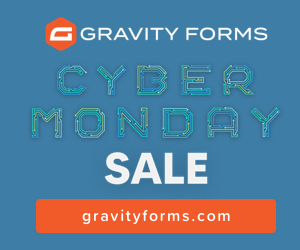If you go out today in search of fleet management software, you might stumble upon modular types. This is good news; you will only need to purchase modules that apply to your company’s operations. Also, if you’re a bit short on the allocated budget, you can purchase a few basic modules first, and then try to see if the software yields good results for the company. Then, invest in other modules. And if you’re looking to add modules to your basic fleet manager, here are some good suggestions.
Get the logistics software. Being in the transport business means you will deal with several logistics issues, especially warehouse management. In this case, the addition of a software specifically designed to address your logistics problems will help. Some of the features you should look for when getting this software are: freight quoting and bookings or movement requests. Pallet control is another great feature. If you’re lucky, you might find features on manifest invoicing and confirmation too.
Add the human resources module. Not many fleet management software solutions allow the integration of personnel software. After all, why mix the data collection of machine and employees, right? Not exactly. From an overall operations perspective, it will be very beneficial to the manager or owner if he can see personnel and asset data side-by-side. Having a human resources software integrated with the fleet management and logistics software actually makes a lot of sense from a management standpoint.
Be sure to integrate the compliance module or suite�”if the provider offers it too. Compliance management via software is relatively new despite Australian road freight transport checks being among the strictest in the world. Why would you need to integrate this to your fleet management software? It allows you to check operations for possible risks and avoid issues even before they become incidents. Be sure to look for fatigue, incident, and accident management features.
And finally, be sure to get all these additions from a reputable company. Your logistics software is key to collecting operations data and making decisions based on it. With proper tracking and monitoring, you’ll be able to see the loopholes and bottlenecks in your operations�”allowing you to implement necessary measures to correct them. Needless to say, these programs need to be reliable and so you should not overlook where they’re coming from.
So before you purchase the fleet management software and other additions that complement it, check the provider thoroughly. Look for stability, to ensure the company will be able to support you with the installation and training. Another thing you might want to look for in the provider is the portfolio of products. On the software side, check out if they have enough modules in case you want a fully integrated system for your operations, from personnel, to warehouse and vehicles, to accounting. The three additions mentioned above should only be the tip of the iceberg. On the hardware side, make sure the company can assist you with sourcing equipment. Go for software providers that have a network of hardware sellers whom they partner with so they can offer you a complete management solution.

